Premium Only Content
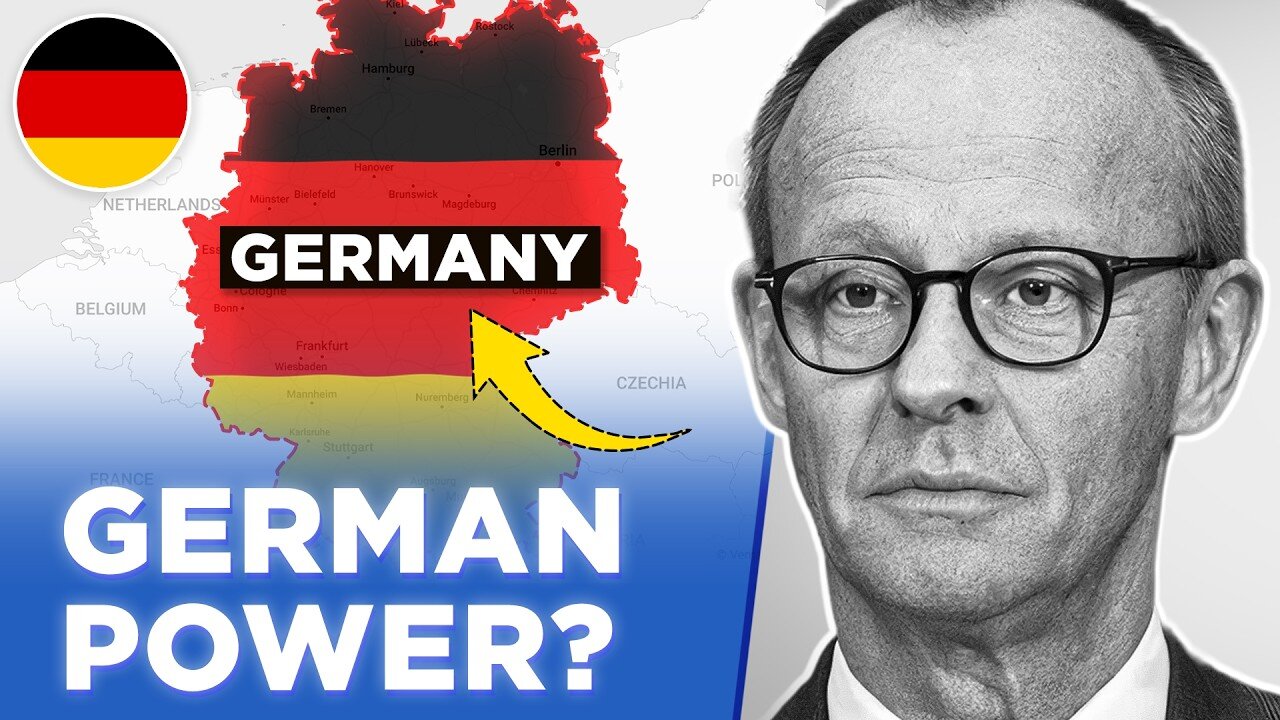
Understanding German Foreign Policy _ Constanze Stelzenmüller
How does Berlin see the world and Germany's place in it? After decades of caution, Germany under Chancellor Friedrich Merz is adopting a more confrontational foreign policy. But what are the historical and political factors that have shaped this evolution? In this interview, I speak with the director of the Brookings Institution's Center for United States and Europe, Dr Constanze Stelzenmüller, to track the evolution of German foreign policy, from the Cold War to today.
Following WWII, West Germany sought to overcome its pariah status by forging close ties with Israel and its former foes, as well as the West more broadly, while cautiously engaging East Germany through Ostpolitik. Our discussion traces Germany’s diplomatic traditions, shaped by its Cold War dependence on Allied protection, and reveals how reunification brought both exhilaration and strategic uncertainty. We also assess Chancellor Merz’s vision for the country, and the challenge posed to his coalition by the rise of the AfD, as well as the need to balance ties with Washington, Tel Aviv and Warsaw. Charting the implications of strained EU unity, and the present fragility of the transatlantic alliance, this is a historically grounded look at Germany’s strategic challenges and the rising global stakes in its foreign policy choices.
Dr Constanze Stelzenmüller is an expert on German, European, and trans-Atlantic foreign and security policy and strategy. She is the director of the Center on the United States and Europe and the inaugural holder of the Fritz Stern Chair on Germany and trans-Atlantic Relations at Brookings. Before working at Brookings, she was a senior transatlantic fellow with the German Marshall Fund of the United States (GMF), where she directed the influential Transatlantic Trends survey program. She also managed the “New Power, New Responsibility” project. Her areas of expertise include: trans-Atlantic relations; German foreign policy; NATO; the European Union’s foreign, security, and defence policy; international law; and human rights. She has worked in Germany and the United States, and speaks English, French, German, and Spanish and holds a doctorate in law from the University of Bonn (1992), a master’s degree in public administration from the Kennedy School of Government at Harvard University (1988), and a law degree from the University of Bonn (1985).
*VIDEO CHAPTERS*
00:00 Introduction and Titles
01:03 How The Cold War Shaped West Germany’s Relations
05:29 How Germany Navigated Reunification
15:50 Germany’s Foreign Policy Shift After Merkel
22:09 Berlin's Evolving Ties With Post-Soviet Russia
27:39 German Foreign Policy After The Return of Trump
33:53 Berlin’s Ties With Washington, Israel, Warsaw Today
37:31 The Threat Posed By Germany’s hard right AfD
*SUPPORT THE CHANNEL*
If you like my videos, please subscribe or become a Channel Member. Thank you!
SUBSCRIBE FOR FREE
http://www.youtube.com/c/JamesKerLindsay?sub_confirmation=1
BECOME A CHANNEL MEMBER
http://www.youtube.com/c/JamesKerLindsay/join
*MY LATEST BOOK!*
Secession and State Creation: What Everyone Needs to Know
Oxford University Press https://global.oup.com/academic/product/secession-and-state-creation-9780190494049
Amazon https://amzn.to/2MPY3W2
Some of the links above are affiliate links. These pay a small commission if you make a purchase. This helps to support the channel at no additional cost to you.
#Germany #InternationalRelations #ForeignPolicy
-
 LIVE
LIVE
SmashJT
3 hours agoEMERGENCY DETAILS | Smashcast
167 watching -

LFA TV
23 hours agoLIVE & BREAKING NEWS! | MONDAY 10/13/25
156K36 -
 1:26:42
1:26:42
Katie Miller Pod
4 hours ago $3.80 earnedEpisode 10 - Kellyanne Conway | The Katie Miller Podcast
23.9K3 -
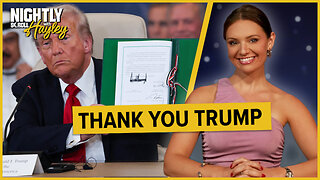 1:02:23
1:02:23
BonginoReport
4 hours agoTrump Brokers Peace In The Middle East - Nightly Scroll w/ Hayley Caronia (Ep.154)
82.5K28 -
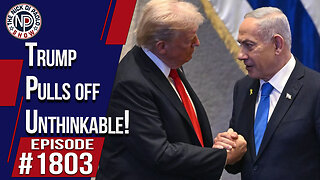 1:02:11
1:02:11
The Nick DiPaolo Show Channel
6 hours agoTrump Pulls Off Unthinkable | The Nick Di Paolo Show #1803
23.5K10 -
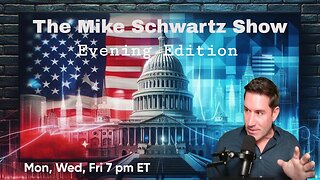 1:53:02
1:53:02
The Mike Schwartz Show
5 hours agoTHE MIKE SCHWARTZ SHOW Evening Edition 10-13-2025
12K2 -
 58:57
58:57
TheCrucible
4 hours agoThe Extravaganza! EP: 52 with guest host Rob Noerr (10/13/25)
73.5K13 -
 LIVE
LIVE
Blabs Games
11 hours agoApex Legends With Lumpy Potato | Noob Plays
16 watching -

StoneMountain64
7 hours agoBattlefield 6 Flick Keybind is WILD
65.1K2 -
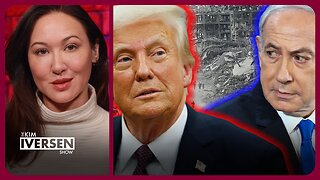 1:35:53
1:35:53
Kim Iversen
5 hours agoNetanyahu Vs Trump: Trump Says the War Is Over — Netanyahu Says Otherwise...
33.5K94